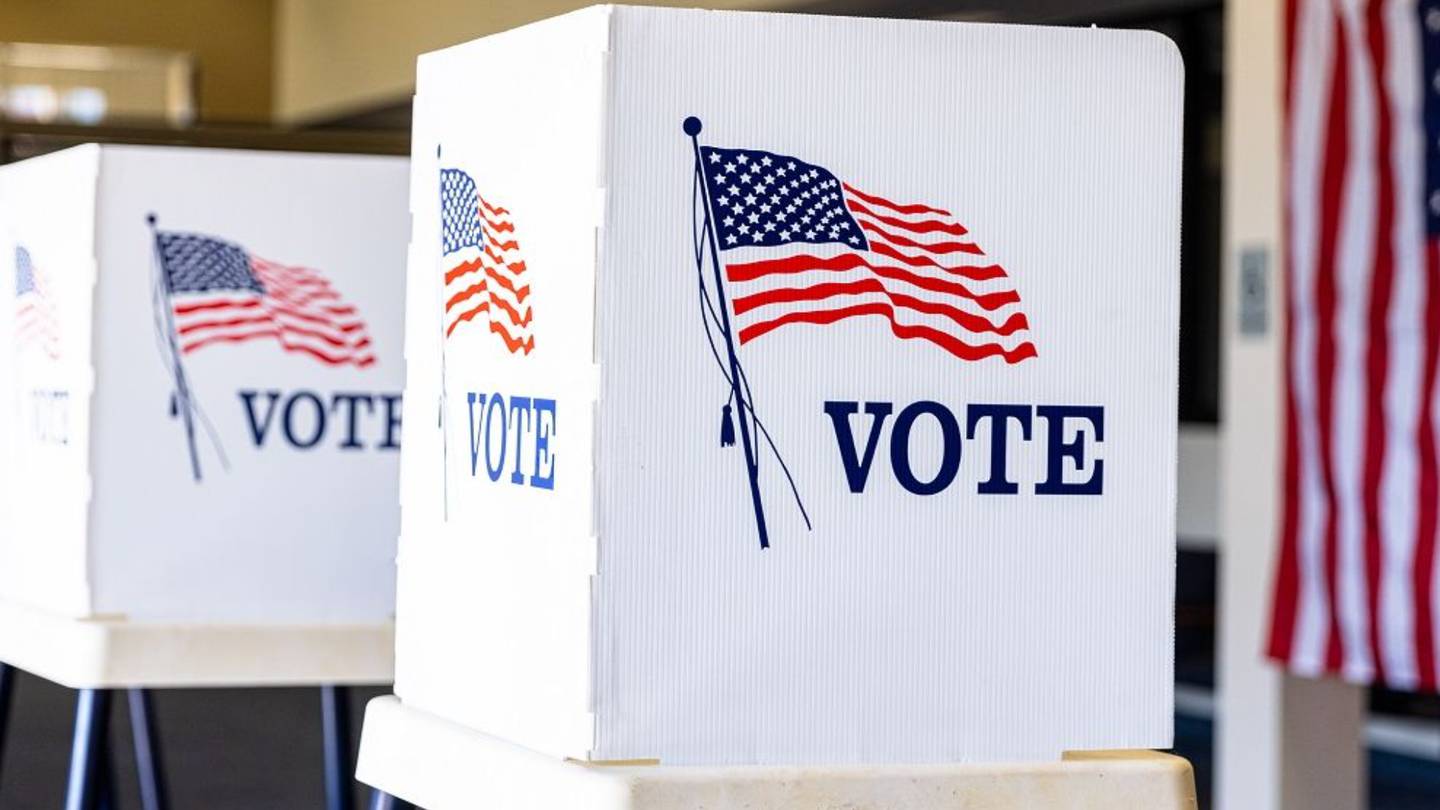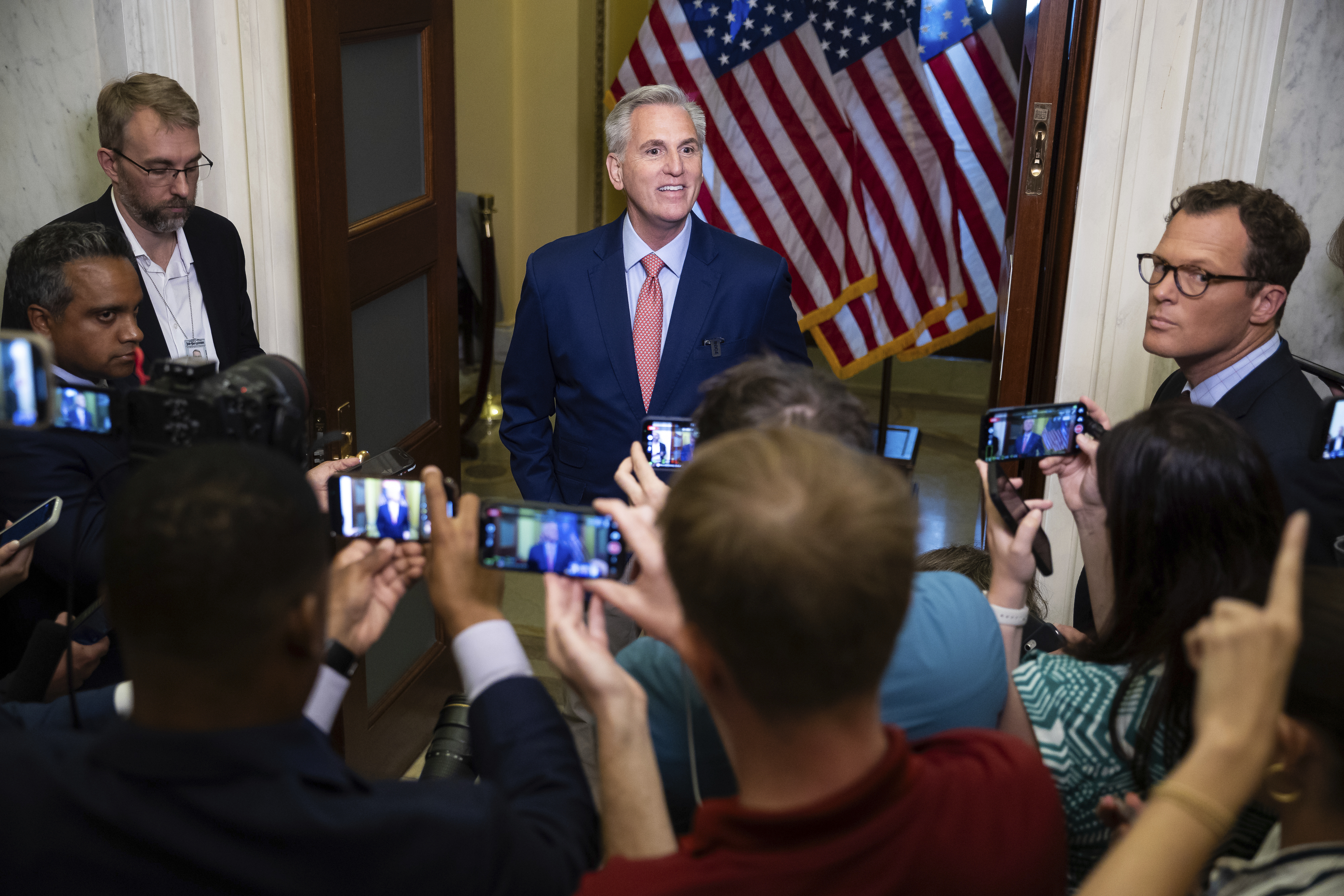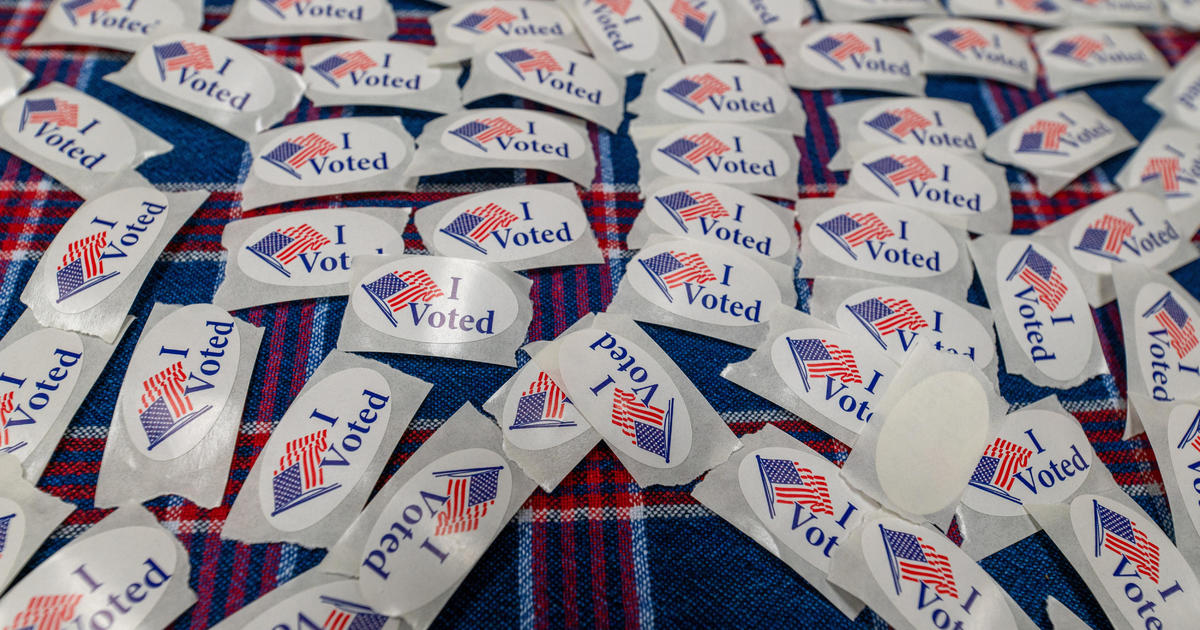- 23 Posts
- 14 Comments

 10·11 months ago
10·11 months agoThis is a facially stupid law. (And by “facially stupid,” I’m not even addressing the morally bankrupt policy implications, but rather critiquing the framework that is wholly untethered from how the law and a system of justice works.)

 18·1 year ago
18·1 year ago… the cruelty is the point.

 13·1 year ago
13·1 year agoLook, this is politics and all, but blatant false equivalencies in a world of disinformation is dangerous, unenlightening, and unproductive. I’ll leave it for now, but try to be more thoughtful in the future.

 5·1 year ago
5·1 year agoTo be fair, “liberal” was in the title when I posted the article, but I, like you, thought that was misleading, so I left it off.

 8·1 year ago
8·1 year agoDepending on the timeline, it isn’t unreasonable to expect an amended complaint based on allegations in the indictment that was released by Jack Smith yesterday.

 2·1 year ago
2·1 year agoThat was shortly before we had a Civil War, so I don’t think that’s an era we should hope to recreate nowadays.
Look, my take is that you are trying to combat fascism on philosophical terms, while I’m saying there is an even more pressing violence threatening people on a real level by taking steps that we know — at this moment in time — make it more likely to ending up with Republicans having power.
We don’t seem to be seeing things eye-to-eye, and you don’t seem to be able to hold this conversation without ad hominem attacks, so I’m going to check out.
Final note: I’m going to go back to my day, and forget about your condescension and nastiness because… well, I can. But if I see you talking this way to anyone else here (and I don’t just mean heated discussion), there will be consequences.
Have a nice day, and please be(e) respectful of everyone here.
Don’t give a shit if this is what you call it, or how you’ve been told to think. The only wasted vote is one more voice for the continued monopoly of capital, and that’s obviously exactly what you do every single election.
You’re prioritizing economic systems over people. That’s my problem with voting for third parties in light of fascism echoing the 1920s and 30s.

 8·1 year ago
8·1 year agoHIPAA only applies to a small subset of people/entities. It requires that subset to be careful with healthcare data. So if a doctor gives you a diagnosis, HIPAA requires the doctor treat that information carefully. If you share that same exact information with your electrician, and then the electrician shares that same exact information with her seamstress, your electrician has not violated HIPAA because you disclosed it to someone that isn’t considered a “covered entity.” HIPAA is far more about regulating who or where the disclosure comes from, than it is about the substance of the information.
Having worked in somewhat proximity to her, I can say that everyone already knew she was working for the Republicans, so it really wasn’t a surprise. In all likelihood, this is a gambit because she knew she would be primaried if she ran as a Democrat again (her positions were that obtuse).
Edit: Changes made to be more in line with Be(e)ing respectful of everyone.
The Green Party hasn’t even succeeded in having a candidate elected to the U.S. House of Representatives — they show up for presidential elections, and that’s about it. They don’t do much work in the “off-season.” A vote for the presidential candidate of the Green Party at this point is a protest vote. The Republican Party is an existential threat to many groups of people; a protest vote in light of that threat is simply inaction in the face of having the privilege to not be targeted, and it only helps the oppressor.

 1·1 year ago
1·1 year agoThe reason third parties don’t succeed is because they are often vanity projects with little work done in the “off-season.” For example, the Green Party: sucks thousands of votes away during presidential elections, but is yet to have elected a single person to the House of Representatives.
If you’re squeamish about supporting an individual candidate, at least get involved in voter protection efforts.

 6·1 year ago
6·1 year agoIt’s difficult to overstate how disastrous a ruling in this case going the other way could have been, on top of the corrupting influence of large amounts of money already involved in politics and how gerrymandered districts already are.
















One tip I heard was asking “how” questions as follow-ups, rather than “what” questions? It tends to encourage people to think through how the conspiracies might actually work, rather than just jumping from point A to point B.